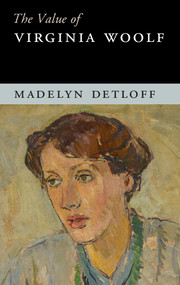4 - Civilization and Barbarism: A Reparative Exegesis
Published online by Cambridge University Press: 05 March 2016
Summary
It is perhaps impossible to write the word “civilization” in the context of modernist literary expression without conjuring up the image of Joseph Conrad's Mr. Kurtz imploring Marlow to safeguard his supposedly altruistic report for “The International Society for the Suppression of Savage Customs,’” on which he has scribbled “Exterminate all the brutes!” in a fit of delirious self-recognition. As Porter Abbott notes, “All rivers in early twentieth-century fiction are not necessarily fed by the great river in Heart of Darkness, but Conrad's vexed rendering of the classic male story of penetration had a lasting impact on the figuration of narrative.” In addition to convoluting the traditional narrative of exploration and discovery, Conrad's tale exposes the “civilizing” mission of European colonizers as an alibi for economic exploitation and brute conquest. As Walter Benjamin suggests, “There is no document of civilization that is not at the same time a document of barbarism. And just as such a document is not free of barbarism, barbarism taints also the manner in which it was transmitted from one owner to another.” Woolf's oeuvre is not immune to the force of Benjamin's insight. Alongside (or, more precisely, embedded within) her cogent critiques of colonialism, fascism, and sexism are troubling, ethically indigestible references to marginalized others – persons with cognitive disabilities (as I noted in Chapter 3) and ethnic and racial others (from “natives … so beautiful … half naked” to a “very fine negress,” to stereotypically portrayed Jews, Gypsies, and Turks, among others).
It is important to register these moments in Woolf's work – that is, to be humbly honest about the aspects of Woolf's prose that disappoint and hurt. Pointing these moments out, however, is not the end of critical reading, but rather the beginning of a process of critical questioning and discussion – a practice that Woolf herself advocated in her 1934 essay, “Why?” In that essay for Somerville College's literary magazine, Lysistrata, Woolf not only asks the question “why?” repeatedly, but also questions how knowledge is formed and disseminated. “Know?” her fictional interlocutor in the essay asks, “What d'you mean by ‘know’?” Woolf's questions are intended to be followed by discussion, not authoritative answer.
- Type
- Chapter
- Information
- The Value of Virginia Woolf , pp. 71 - 92Publisher: Cambridge University PressPrint publication year: 2016

